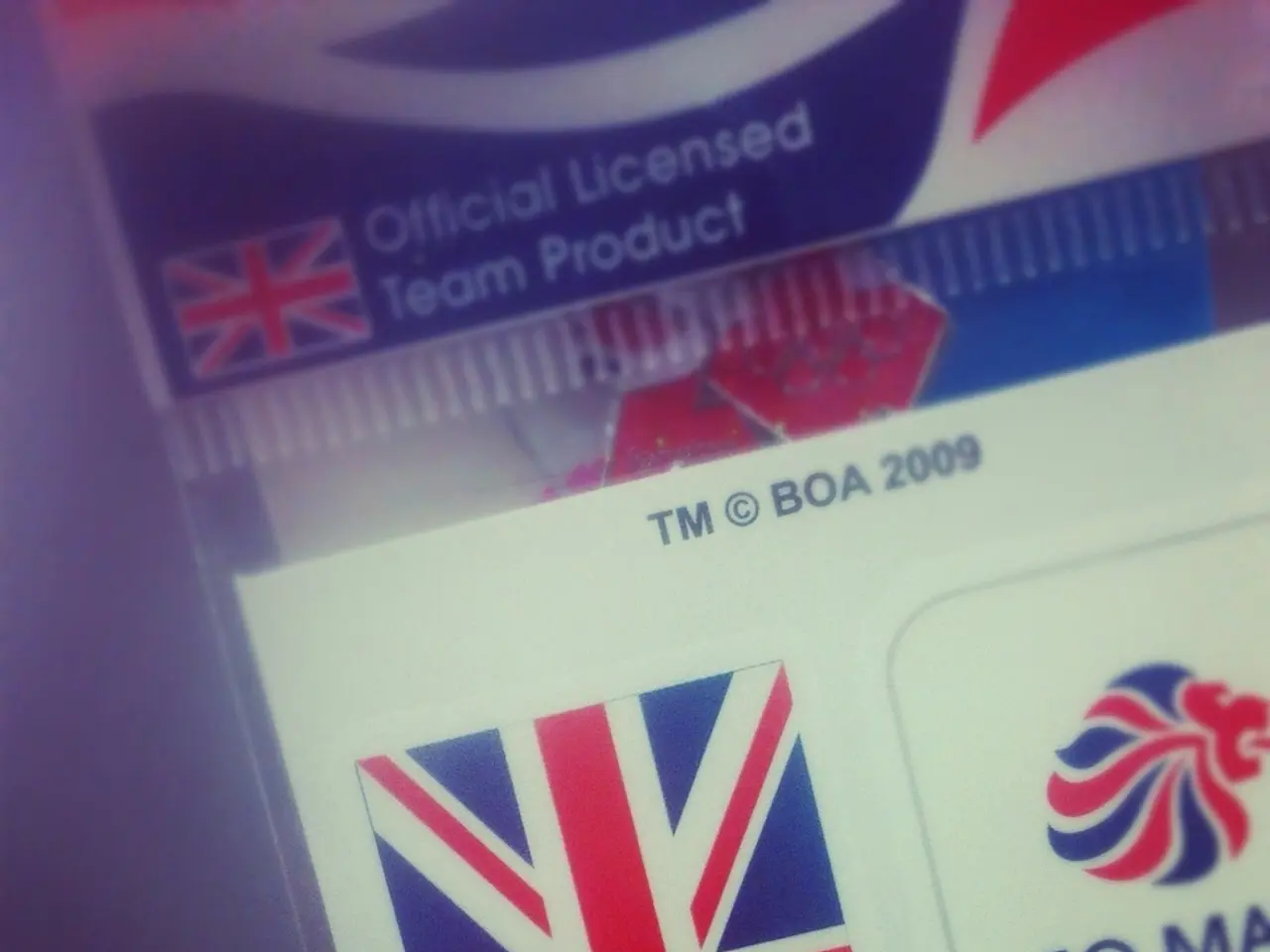Finance strategies based on turnover potentially disrupting Small-Medium Enterprises?
In the heart of Europe, the DACH region (Germany, Austria, and Switzerland) is witnessing a surge in the adoption of revenue-based financing, with Liberis leading the charge. The fintech company, known for its embedded finance platform, has formed a strategic partnership with Fincompare, the largest small business broker marketplace in Germany.
This collaboration enables Liberis to extend its revenue-based finance offerings to German SMEs, addressing their need for alternative financing options beyond traditional loans. The partnership, according to Hanna Sommer, Managing Director at Liberis, is a strategic move to expand the business and announce further partnerships in the DACH region in the near future.
Liberis' revenue-based financing model, unlike traditional loans, incurs a fixed fee instead of interest. This approach, which remains below the usury limit of 40%, has been well-received by service providers and companies in the construction industry, particularly those impacted by the trend of delayed payments.
The effectiveness of Liberis' approach is evident in the market. According to a KfW study, the proportion of SMEs seeking loans fell to below 20% in the first quarter of 2025, representing a decrease of almost two percentage points compared to the same quarter of the previous year.
Liberis' partnership with Fincompare has already demonstrated promising results, with the company providing financing to over 25,000 businesses in Germany since July of last year. Moreover, 60 percent of customers have already applied for follow-up financing, indicating a high level of customer satisfaction.
Lukas Homrich, a freelance journalist, reports that Liberis has not had a single payment default so far in Germany. This fact, coupled with the speed of funding, with money usually with customers within eight hours and in any case within 48 hours, if there is no delay on the customer's side or if additional evidence is required, underscores the reliability of Liberis' service.
Liberis' approach to creditworthiness assessment is also noteworthy. Unlike traditional lenders, Liberis does not use Open Banking data but relies on the anonymized transaction history of applicants. This method, which aims to alleviate the fear of rejection for SMEs, is a significant factor in the company's appeal.
Moreover, Liberis offers automated pre-approval up to an individually calculated amount, a feature designed to make the application process less daunting for SMEs. The company also collaborates with eBay to provide sellers on the marketplace access to revenue-based financing, further expanding its reach.
Liberis' revenue-based financing model, with its flexibility and alignment with cash flow cycles, seems poised to grow in the DACH region, as SMEs seek more innovative financing alternatives. However, the overall environment for alternative SME financing is competitive, with both incumbents and new market entrants vying for a share.
The success of Liberis in the DACH region will depend on its ability to tailor its offering, leverage partnerships, and demonstrate clear benefits over traditional credit options. Given Liberis’ $116M total funding and focus on embedded finance, they appear well-positioned to expand in the region if they capitalize on this momentum and SME demand.
The partnership between Liberis and Fincompare in the DACH region is not only expanding Liberis' business but also extending its revenue-based finance offerings to German SMEs, making it a significant player in the fintech industry. The effectiveness of Liberis' approach, with its fixed fee model and efficient creditworthiness assessment, has already attracted over 25,000 businesses in Germany, and its collaboration with eBay further broadens its reach in the finance business.




